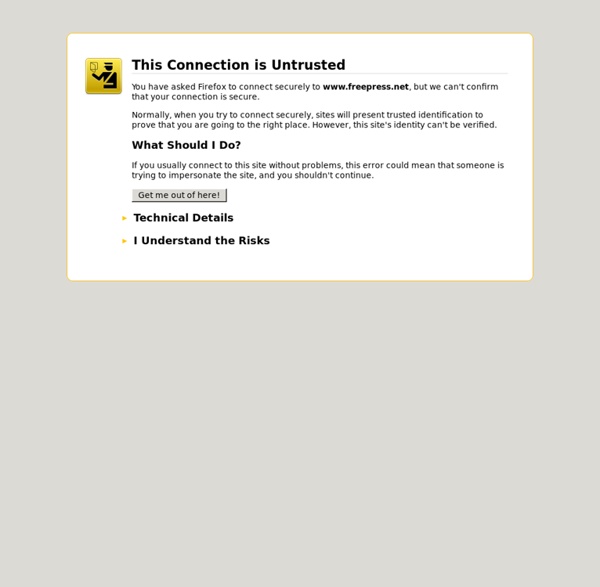



nnsquad Net Neutrality 101 When we log onto the Internet, we take lots of things for granted. We assume that we'll be able to access whatever Web site we want, whenever we want to go there. We assume that we can use any feature we like -- watching online video, listening to podcasts, searching, e-mailing and instant messaging -- anytime we choose. What makes all these assumptions possible is "Network Neutrality," the guiding principle that preserves the free and open Internet. The biggest cable and telephone companies would like to charge money for smooth access to Web sites, speed to run applications, and permission to plug in devices. The network owners say they want a "tiered" Internet. What's the Problem Here? Discrimination: The Internet was designed as an open medium. Double-dipping: Traditionally, network owners have built a business model by charging consumers for Internet access. The End of the Internet? Make no mistake: The free-flowing Internet as we know it could very well become history.
Q&A: The network neutrality debate 22 December 2010Last updated at 15:47 The Opte Project was an attempt to map out the internet and IP pathways A landmark decision by US regulator the Federal Communications Commission (FCC) has once again pushed principle of "net neutrality" to the fore. The concept was a founding principle of the way the internet delivers traffic - treating data as equally important no matter where it comes from - but it remains to be seen how long that can last. What is network neutrality? Network neutrality is based on the principle that internet service providers (ISPs) are to treat all web traffic equally, regardless of content type or origin - for whatever data is passing from content providers to end users. That extends to the idea that ISPs should not block any lawful content or control their infrastructure to preferentially deal with any kind of data. What is the problem? The rise in internet traffic is putting an ever growing burden on the infrastructure of the net. Who advocates net neutrality?
midnight snack going to nightmare dreams.. arrr by conrecon02 Jul 10
hello guy's.. I'm pressent today . by conrecon02 Jul 10
HAR HAR SET SAILS YER PIRATES! by alphinux Jul 7
Save the Internet | Join the fight for Internet Freedom by sirchamallow Jul 7